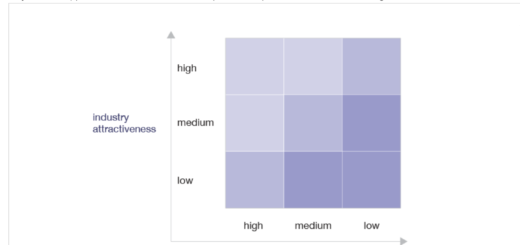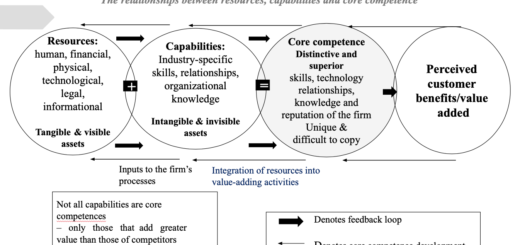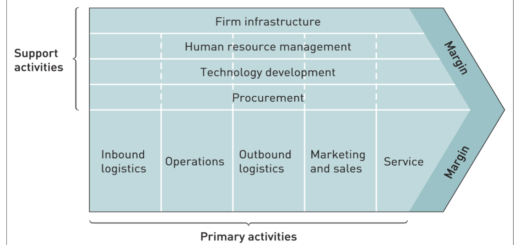Administrative Management Theory
Administrative management is a management theory that was developed by Henri Fayol in the early 20th century. Fayol was a French engineer and manager who sought to improve the efficiency and effectiveness of organizations by developing a comprehensive theory of management. Administrative management is a management theory that focuses on the design and structure of organizations and the processes and functions necessary for effective and efficient management.
The theory is centered around the idea that there are general principles of management that can be applied to all organizations, regardless of their size, industry, or complexity. It emphasizes the importance of structure and systems, as well as the development of clear policies, procedures, and processes to ensure the efficient functioning of an organization.
The 14 principles of administrative management developed by Fayol are:
- Division of Work: Work should be divided among individuals to ensure that each person is performing the tasks for which they are best suited.
- Authority and Responsibility: Authority and responsibility should be clearly defined and assigned to individuals so that they have the power to make decisions and take actions to achieve organizational goals.
- Discipline: Discipline is necessary for the effective functioning of an organization, and it should be maintained through clear rules and regulations, as well as through rewards and punishments.
- Unity of Command: Each individual in an organization should receive orders from only one superior, to avoid confusion and to ensure that all actions are consistent with organizational goals.
- Unity of Direction: All individuals in an organization should work toward a common goal, with clear and consistent direction from management.
- Subordination of Individual Interests to General Interests: The interests of individuals should be subordinated to the interests of the organization as a whole.
- Remuneration: Employees should be fairly compensated for their work, with salaries and other benefits tied to their level of responsibility and performance.
- Centralization: The authority to make decisions should be centralized in the hands of management, with decisions being made based on the best interests of the organization.
- Scalar Chain: A clear line of authority, or scalar chain, should be established in the organization, with decisions being made by the person with the appropriate level of authority.
- Order: Materials and equipment should be stored and maintained in a manner that ensures they are readily available and in good condition when needed.
- Equity: Fair treatment should be given to all employees, with due regard for their contributions and needs.
- Stability of Tenure of Personnel: Employees should have stability in their jobs, with clear procedures for promotions, transfers, and dismissals.
- Initiative: Employees should be encouraged to take initiative and to suggest improvements in the workplace.
- Esprit de Corps: The spirit of teamwork and cooperation should be fostered in the organization, with employees working together to achieve common goals.
In summary, the principles of administrative management provide a framework for improving the efficiency and effectiveness of organizations, with an emphasis on clear authority and responsibility, discipline, unity of command and direction, fair treatment of employees, and a focus on organizational goals.





1 Response
[…] Administrative Management: Henri Fayol developed the administrative management theory, which focused on the five management functions of planning, organizing, commanding, coordinating, and controlling. […]